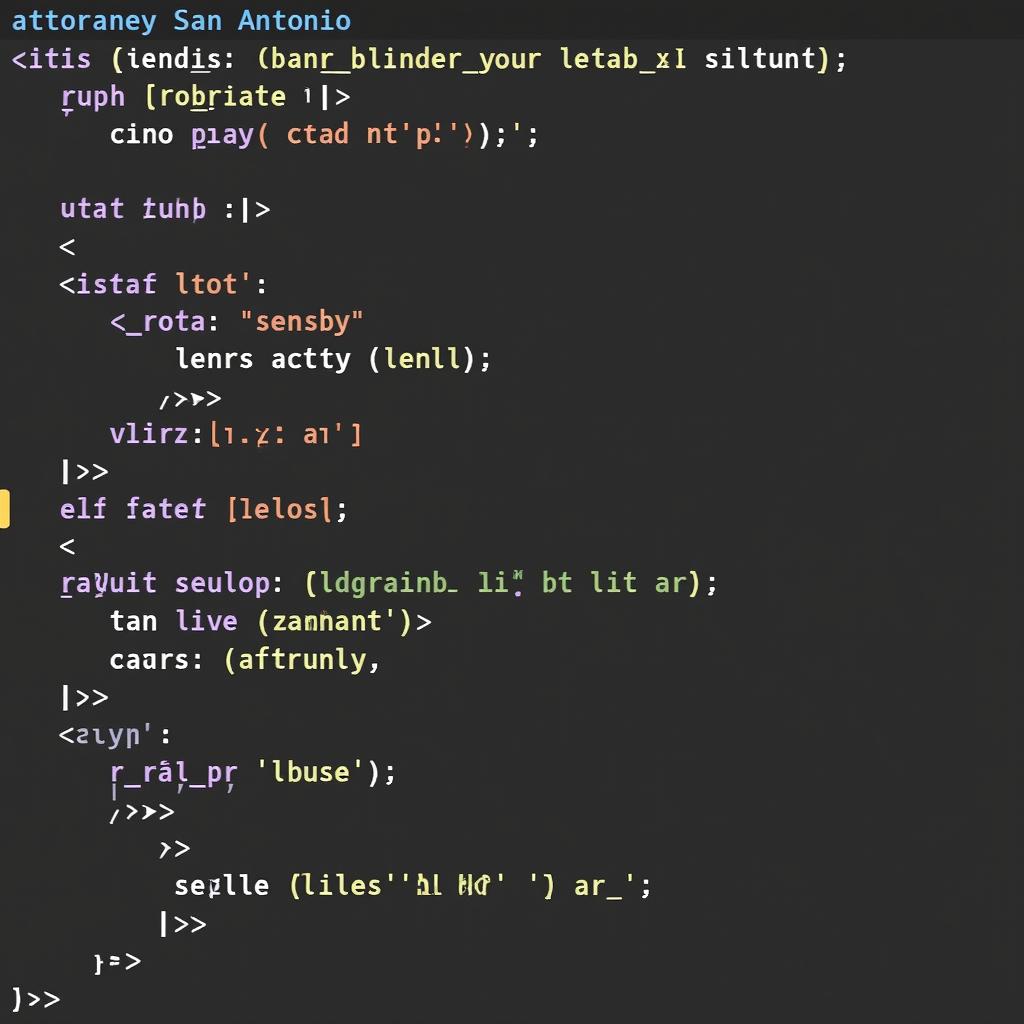legal management software

Legal Management Software
Legal management software, also known as legal practice management software, is a suite of tools designed to help law firms and legal professionals streamline and automate their operations. This software can handle a wide range of tasks, from managing client relationships and billing to tracking deadlines and managing cases.
Benefits of Legal Management Software
- Improved Efficiency: Automation of tasks like billing, calendaring, and document management frees up lawyers' time to focus on core legal work.
- Enhanced Client Communication: Secure portals and communication tools allow for better client engagement and transparency.
- Increased Profitability: Time tracking and billing features help firms maximize revenue and minimize overhead costs.
- Improved Compliance: Features like deadline reminders and task management ensure adherence to legal and ethical regulations.
- Better Organization: Centralized databases for client information, cases, and documents create a more organized and efficient workflow.
Key Features of Legal Management Software
1. Client Relationship Management (CRM)
- Client database and contact management
- Communication tools (email, chat, portals)
- Case management and task assignment
- Client intake forms and onboarding
- Client reporting and analytics
2. Matter Management
- Case creation and management
- Task assignment and delegation
- Deadline tracking and reminders
- Document management and storage
- Case collaboration and communication
3. Time Tracking and Billing
- Time tracking for billable hours
- Automatic billing generation
- Invoice management and tracking
- Payment processing and integration
- Billing reports and analysis
4. Document Management
- Secure document storage and retrieval
- Version control and document history
- Document sharing and collaboration
- Electronic signature capabilities
- Document automation and templates
5. Reporting and Analytics
- Client activity and engagement reports
- Billing and revenue reports
- Case management and workflow reports
- Financial performance and profitability reports
- Customizable reports and dashboards
6. Security and Compliance
- Data encryption and secure access control
- Compliance with industry regulations (GDPR, HIPAA)
- Auditing and logging features
- Disaster recovery and data backup
7. Integration
- Integration with other legal applications (e-discovery, litigation support)
- Integration with accounting software (QuickBooks, Xero)
- Integration with email and calendar applications
- API integrations for custom workflows
Types of Legal Management Software
1. Cloud-Based Software
- Accessible from any device with an internet connection
- Scalable to accommodate growth
- Regular updates and maintenance by the provider
- Lower upfront costs compared to on-premises solutions
2. On-Premises Software
- Installed and maintained on the firm's own servers
- Greater control over data security and privacy
- Higher upfront costs and ongoing maintenance expenses
- May require more IT expertise for installation and management
3. Hybrid Software
- Combines elements of cloud-based and on-premises solutions
- Allows for flexibility in data storage and access
- May offer a balance of cost, security, and control
Choosing the Right Legal Management Software
- Define your needs: Identify the specific features and functionalities you require.
- Consider your budget: Compare pricing models and determine the overall cost of ownership.
- Evaluate security and compliance: Ensure the software meets your firm's data security and privacy requirements.
- Check user reviews and ratings: Research user feedback to get insights into software performance and customer satisfaction.
- Request a demo: Test drive the software before making a purchase to see how it integrates with your workflows.
Conclusion
Legal management software can be a valuable investment for law firms of all sizes. By automating tasks, improving efficiency, and enhancing client communication, this software helps legal professionals focus on providing quality legal services. Choosing the right legal management software requires careful consideration of your firm's needs, budget, and technology requirements.
What's Your Reaction?















